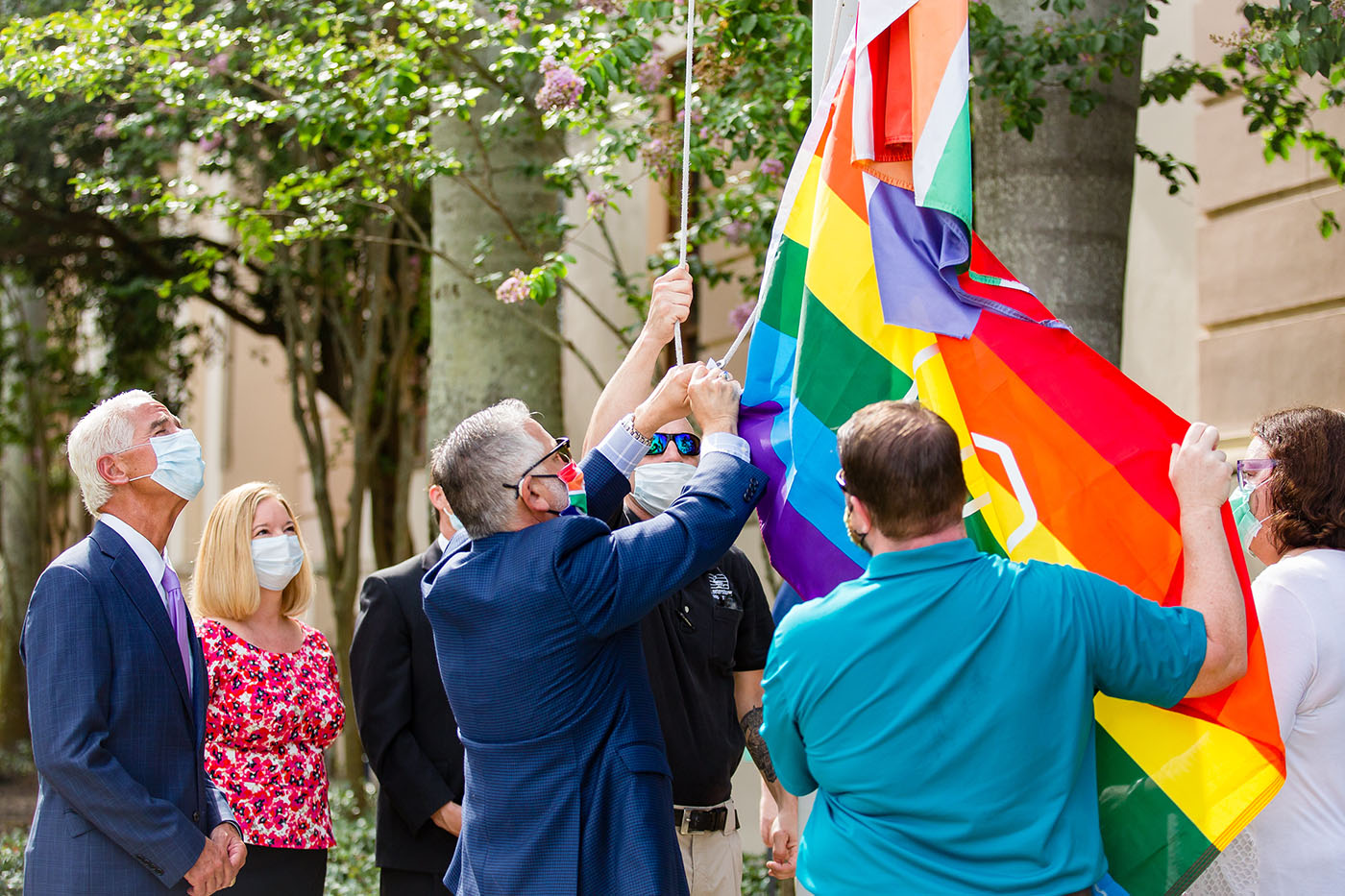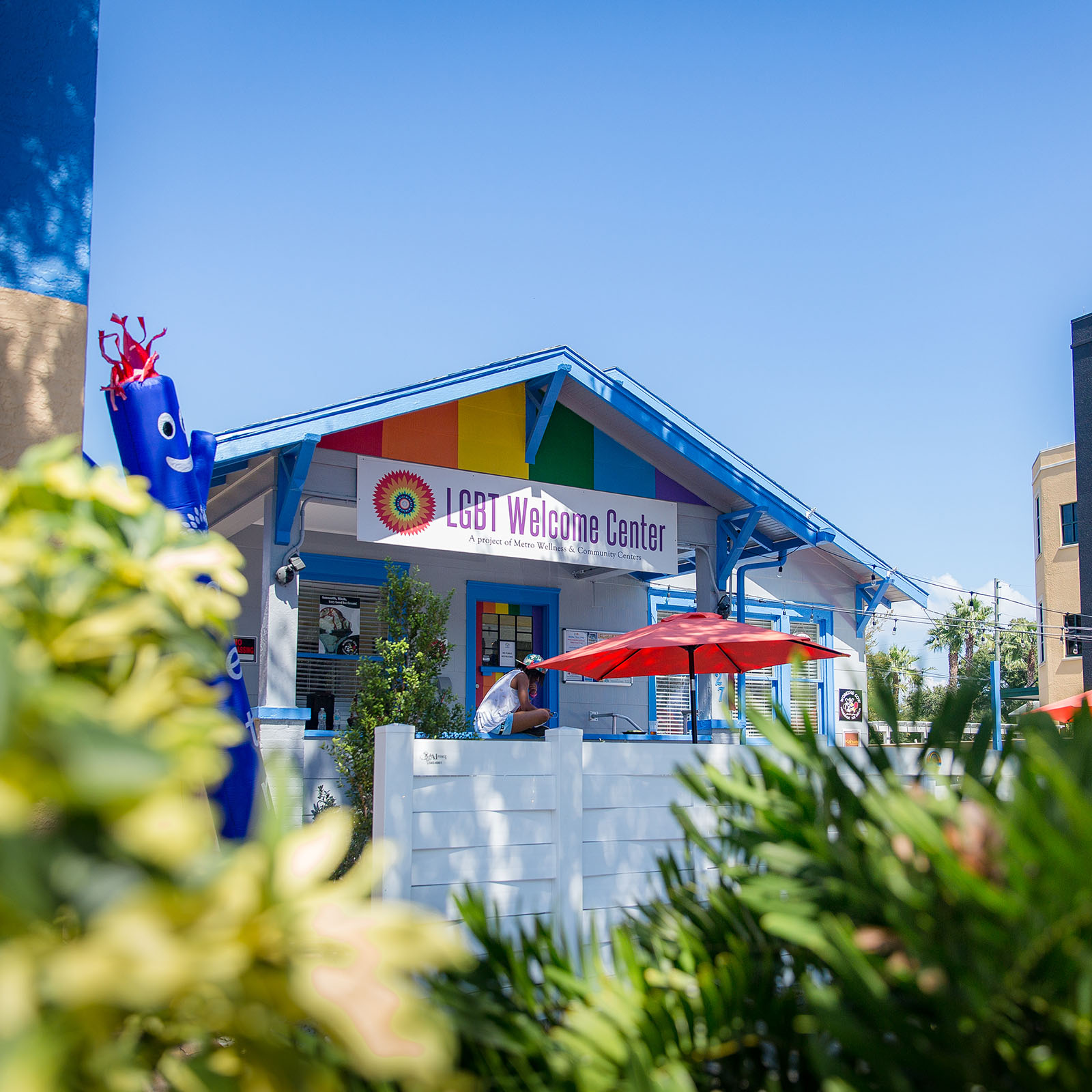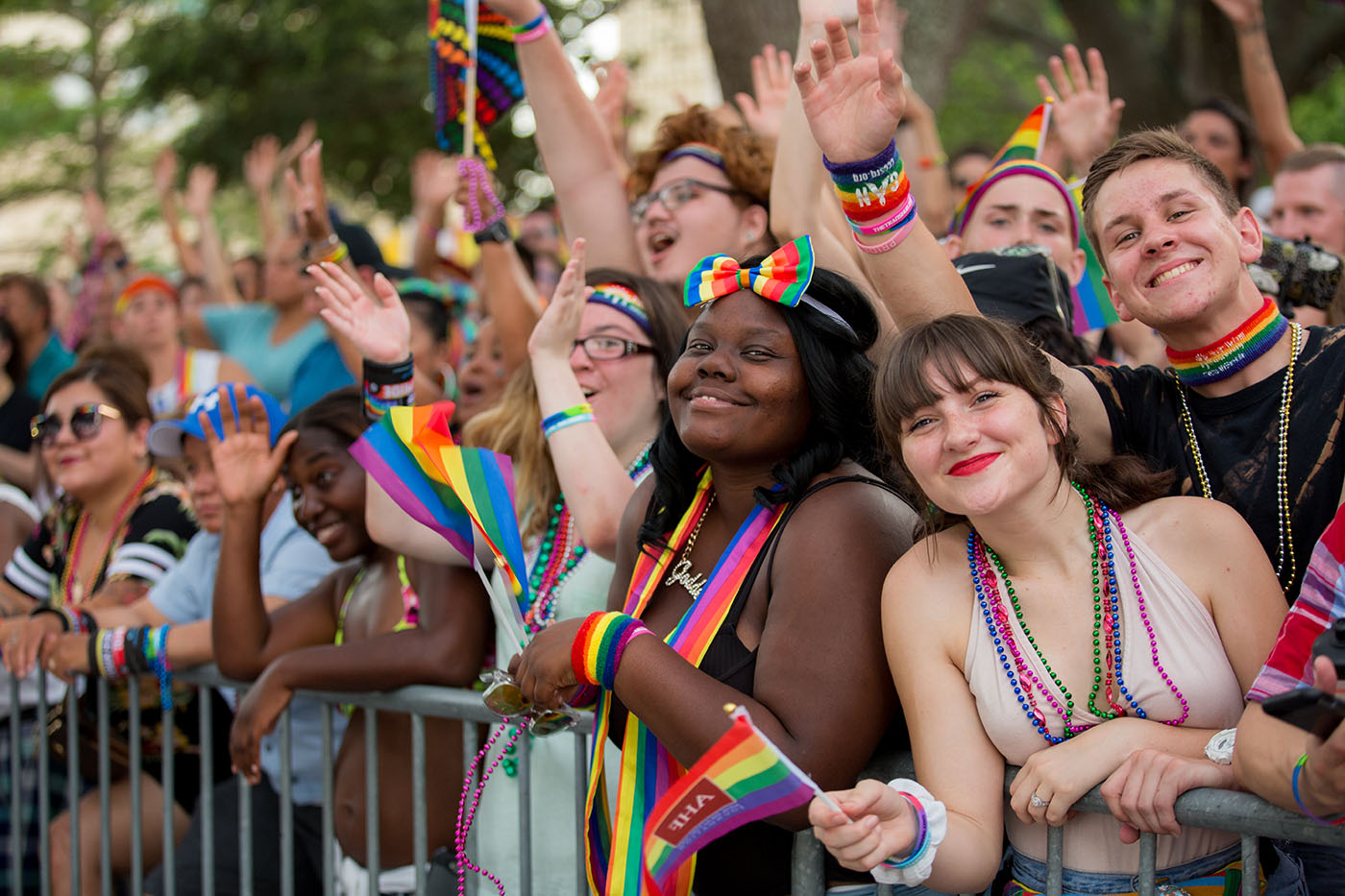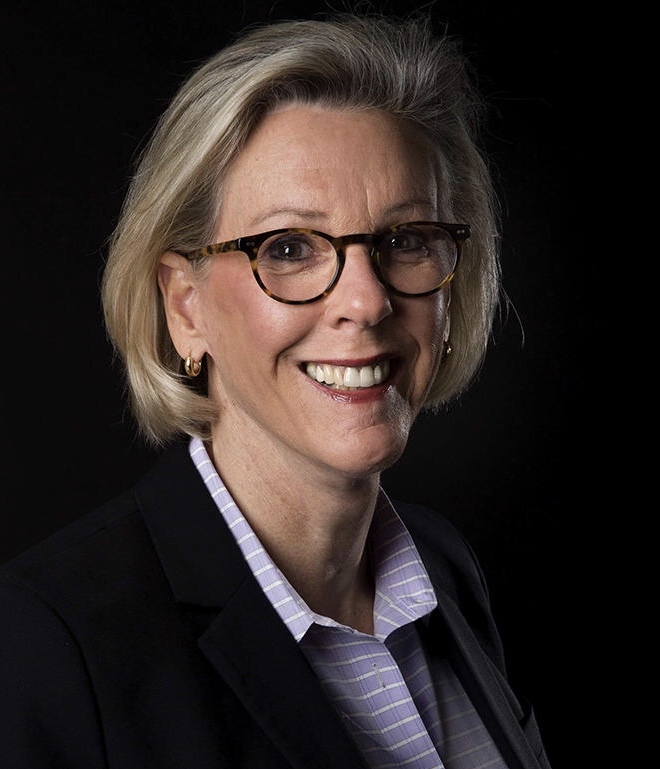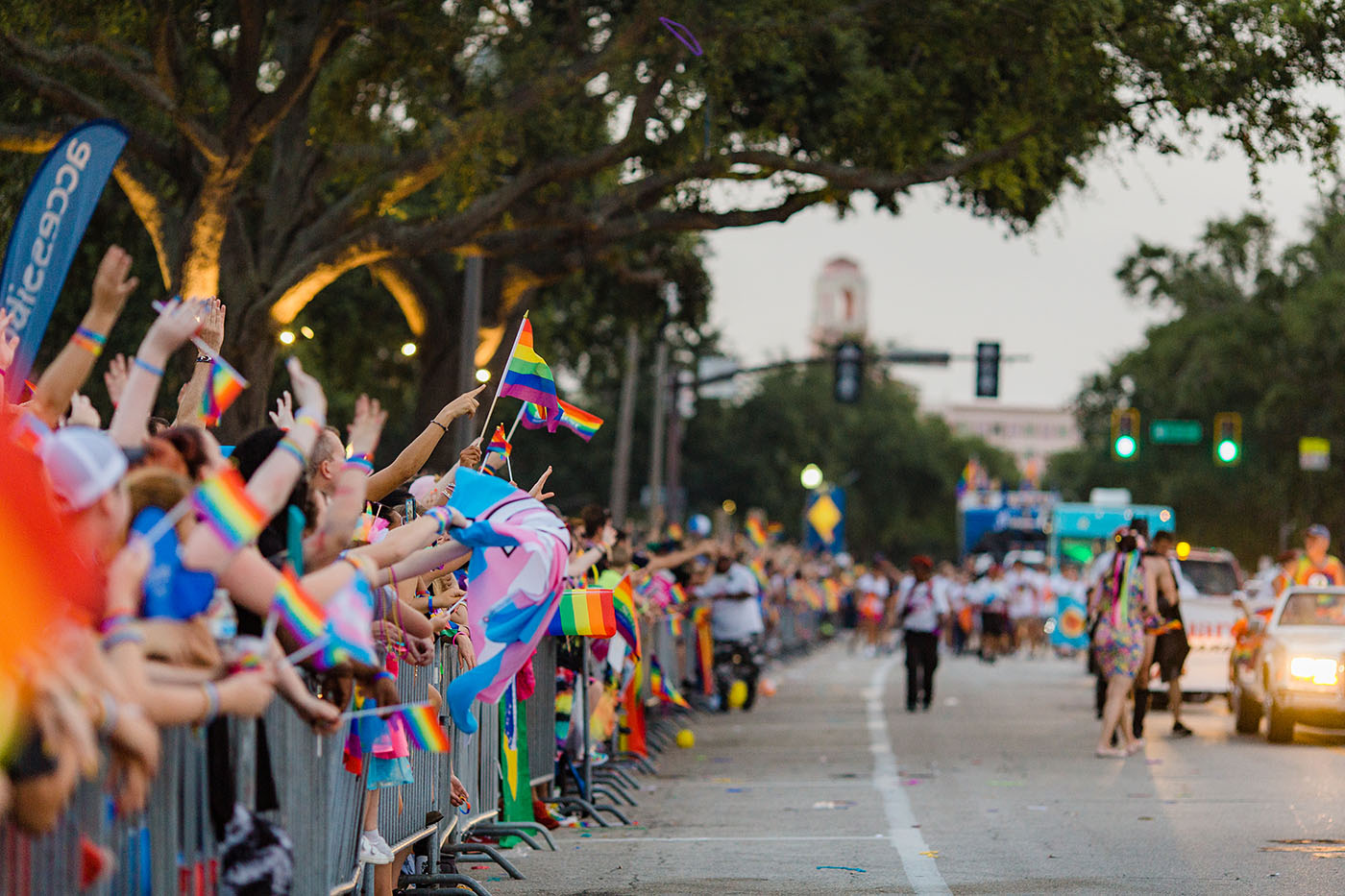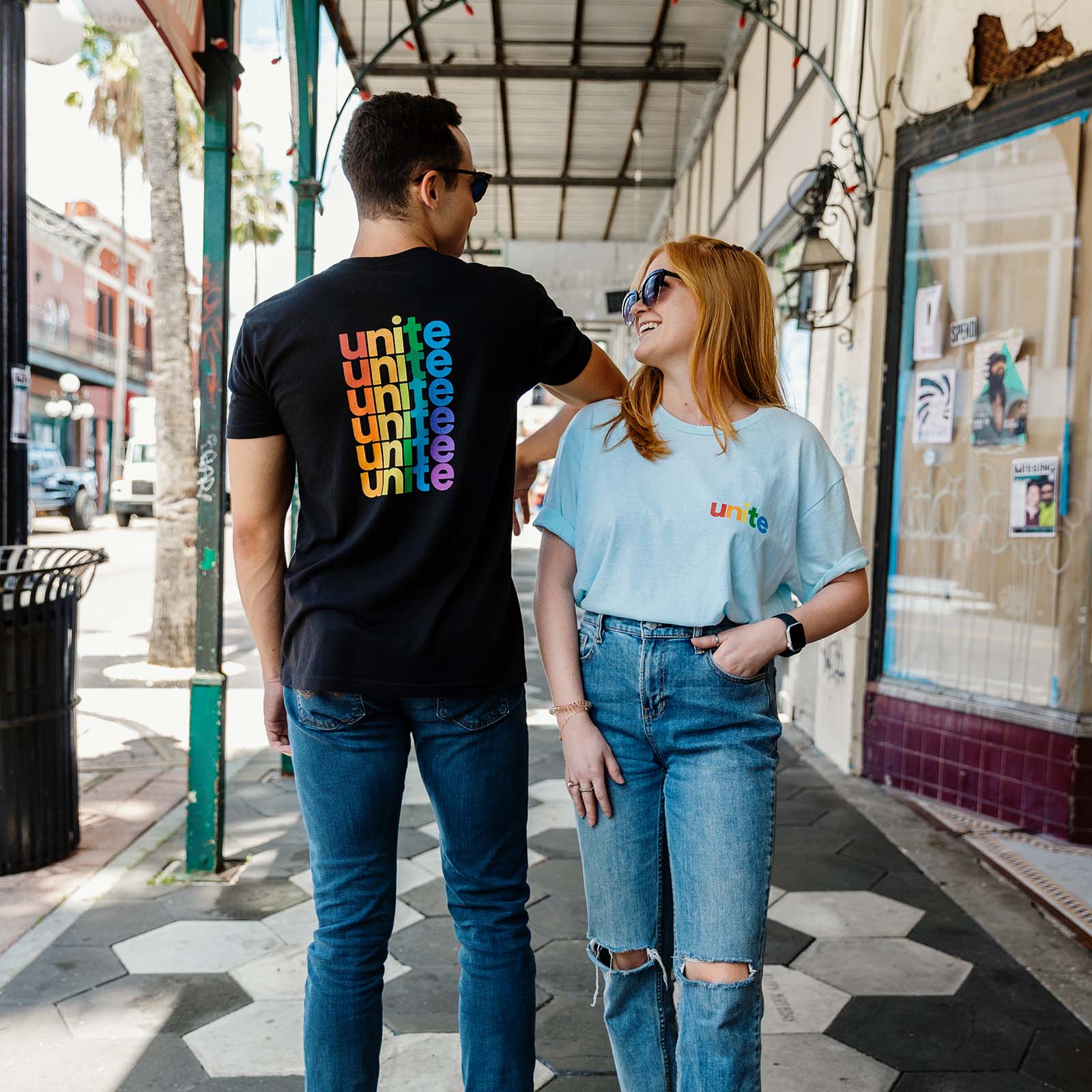For many, June is a month full of rainbow merch and a quick profile picture change, but we acknowledge that it is so much more than that. Here at PPK, we believe in learning about and acknowledging the journey the LGBTQ community has accomplished in Florida, and more specifically Tampa Bay. It is important to fully understand the history of where we live, know the impact LGBTQ people have on our community, and to celebrate the successes while acknowledging the challenges they have endured. Looking back can help us see the progress has been made and prepare us to look to the future to see what comes next.
the Johns Committee
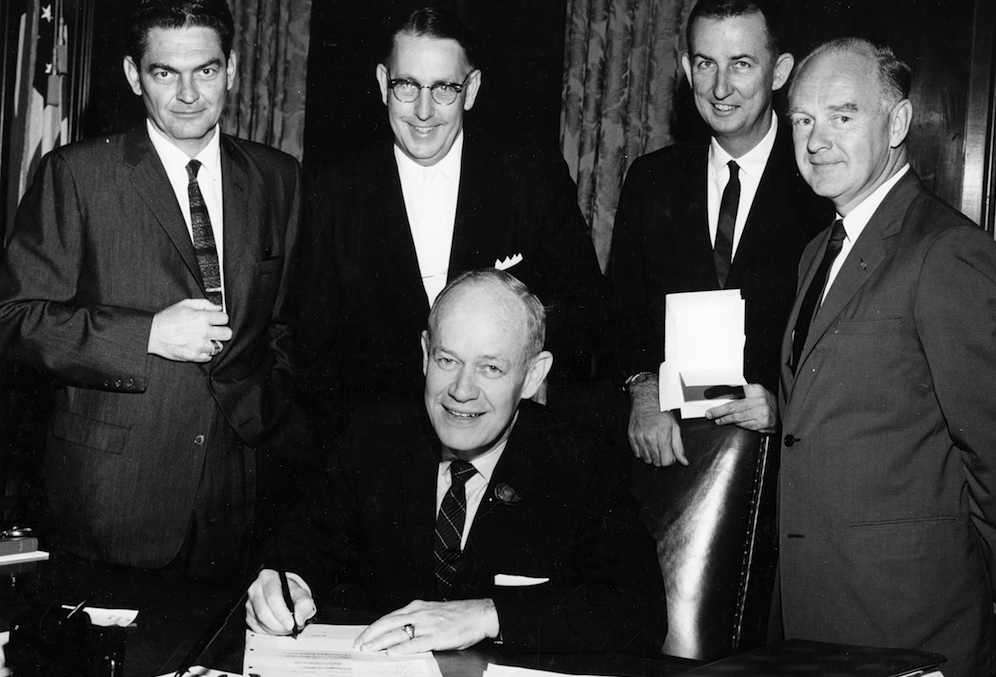
professors and deans were fired from the University of Florida.
public school teachers had their teaching certificates revoked.
pending investigations were taking place in Florida universities and grade schools.
